Understand the admission requirements and gain insights into the program's fee structure, helping you plan your academic journey and financial investment in electronics and communication engineering.
Eligibility Criteria and Fee Structure for B.Tech Electronics and Communication Engineering in Industry Integrated
The Bachelor of Technology (B.Tech) program in Electronics and Communication Engineering (ECE) with an industry-integrated approach is designed to prepare students for a seamless transition into the professional world. This program blends academic learning with real-world industry experience, making it an attractive option for those aspiring to excel in the field of electronics and communication. Here, we delve into the eligibility criteria and fee structure for this specialized degree program.
B.Tech Electronics and Communication Engineering in Industry Integrated Eligibility Criteria
To gain admission into a B.Tech program in Electronics and Communication Engineering with an industry-integrated approach, candidates must meet specific eligibility criteria. These criteria may vary slightly among different institutions, but the following are generally applicable:
-
Educational Qualifications: Candidates should have successfully completed their higher secondary education or its equivalent. This typically corresponds to the 10+2 schooling system. During their 10+2 education, candidates should have studied Physics, Chemistry, and Mathematics (PCM) as core subjects.
-
Minimum Marks: Institutions usually require candidates to have secured a minimum percentage of marks in the PCM subjects. The specific percentage may vary from one institution to another, but it typically ranges from 50% to 60%. However, some premier institutions may have more stringent requirements.
-
Entrance Exams: In many countries, candidates are required to appear for national or state-level engineering entrance exams. The admission process is often based on the scores obtained in these exams. Prominent entrance exams include JEE Main (Joint Entrance Examination), WBJEE (West Bengal Joint Entrance Examination), or KEAM (Kerala Engineering, Agriculture, and Medical Entrance Test), depending on the region.
-
Age Limit: Some institutions may have an age limit for admission, typically ranging from 17 to 25 years.
-
Industry Sponsorship: Industry-integrated B.Tech programs often require candidates to be sponsored or recommended by an industry partner. This sponsorship ensures that students receive practical training and exposure to real-world projects during their academic journey.
-
Interview or Aptitude Test: In addition to academic qualifications, some institutions may conduct interviews or aptitude tests to assess a candidate's suitability for the industry-integrated program.
B.Tech Electronics and Communication Engineering in Industry Integrated Fee Structure
The fee structure for a B.Tech in Electronics and Communication Engineering with an industry-integrated approach can vary significantly depending on several factors, including the reputation of the institution, location, and the extent of industry involvement. Here's an overview of the components that typically make up the fee structure:
-
Tuition Fees: This is the primary component of the fee structure and covers the cost of academic instruction, access to labs, faculty salaries, and academic support services. The tuition fees can vary widely between government-funded and private institutions. Government institutions often have lower tuition fees, while private colleges and universities tend to charge higher fees.
-
Industry Integration Fees: Some programs may include additional fees related to industry collaboration, such as costs associated with organizing internships, workshops, and industry visits.
-
Hostel and Accommodation Fees: If the institution provides on-campus accommodation, students will need to pay hostel fees, which can vary based on factors like room type and location.
-
Examination Fees: This covers the cost of conducting semester or annual examinations. It may be paid annually or on a semester-by-semester basis.
-
Library and Lab Fees: Institutions may charge additional fees for access to specialized libraries, computer labs, and other facilities.
-
Miscellaneous Fees: This category includes various other fees, such as registration fees, sports fees, and student activity fees. These fees can vary from institution to institution.
-
Financial Assistance: Some institutions may offer scholarships or financial aid to deserving students based on academic performance, financial need, or industry sponsorship. Students should explore these opportunities to reduce their overall expenses.
-
Additional Expenses: It's important for students to budget for additional expenses such as textbooks, study materials, transportation, and personal expenses.
The fee structure can change from year to year, so prospective students should contact the institution directly for the most up-to-date information. Additionally, students should explore options for education loans and financial planning to manage the cost of their B.Tech in Electronics and Communication Engineering with industry integration.
 4 Years
4 Years
 Under Graduate
Under Graduate
 Engineering
Engineering

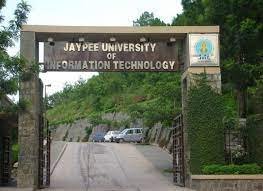
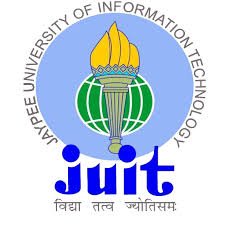
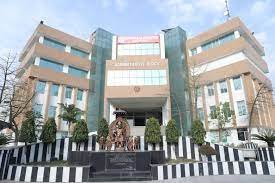
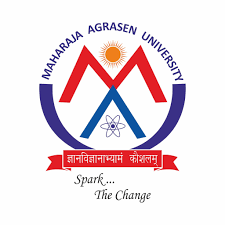
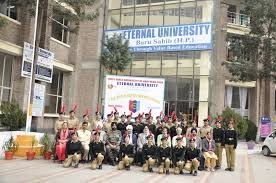


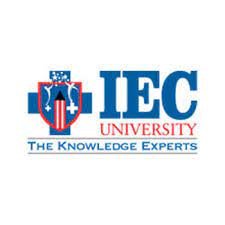


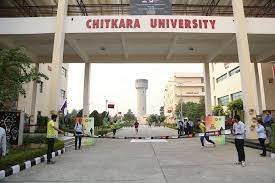
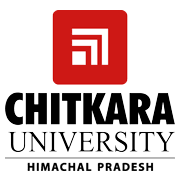

 back
back

